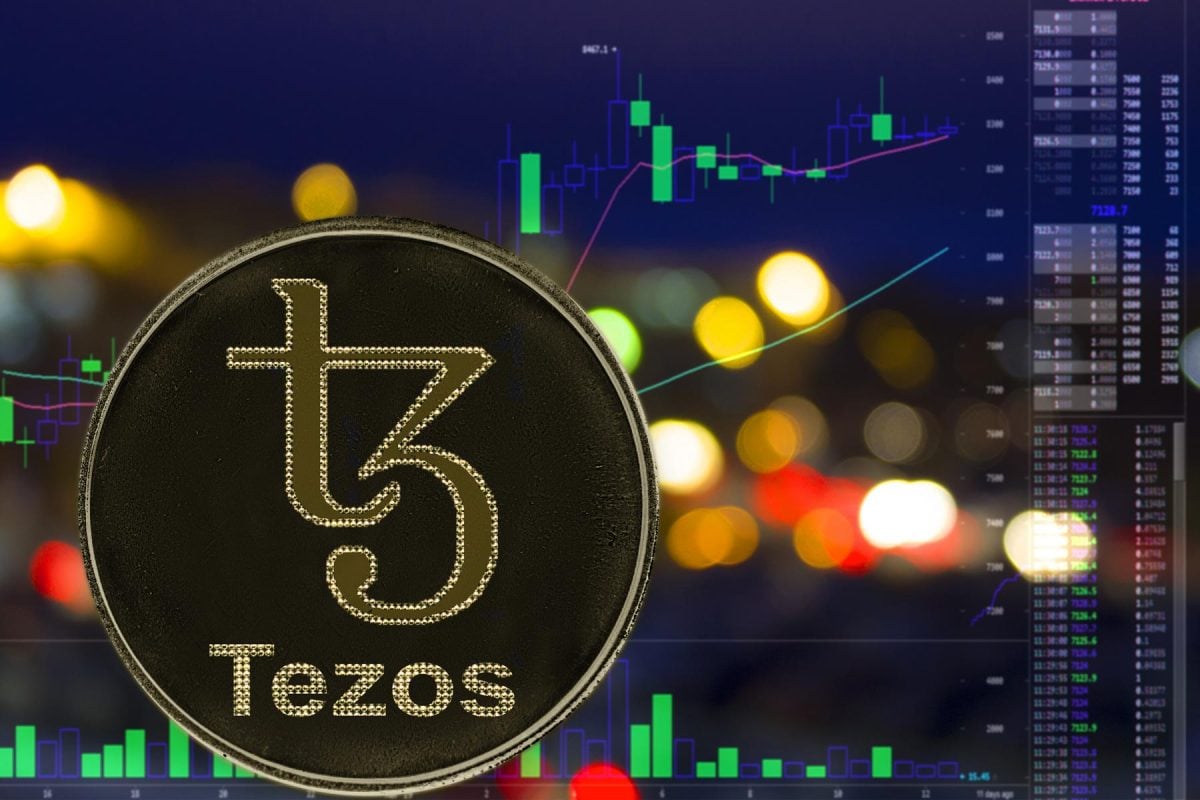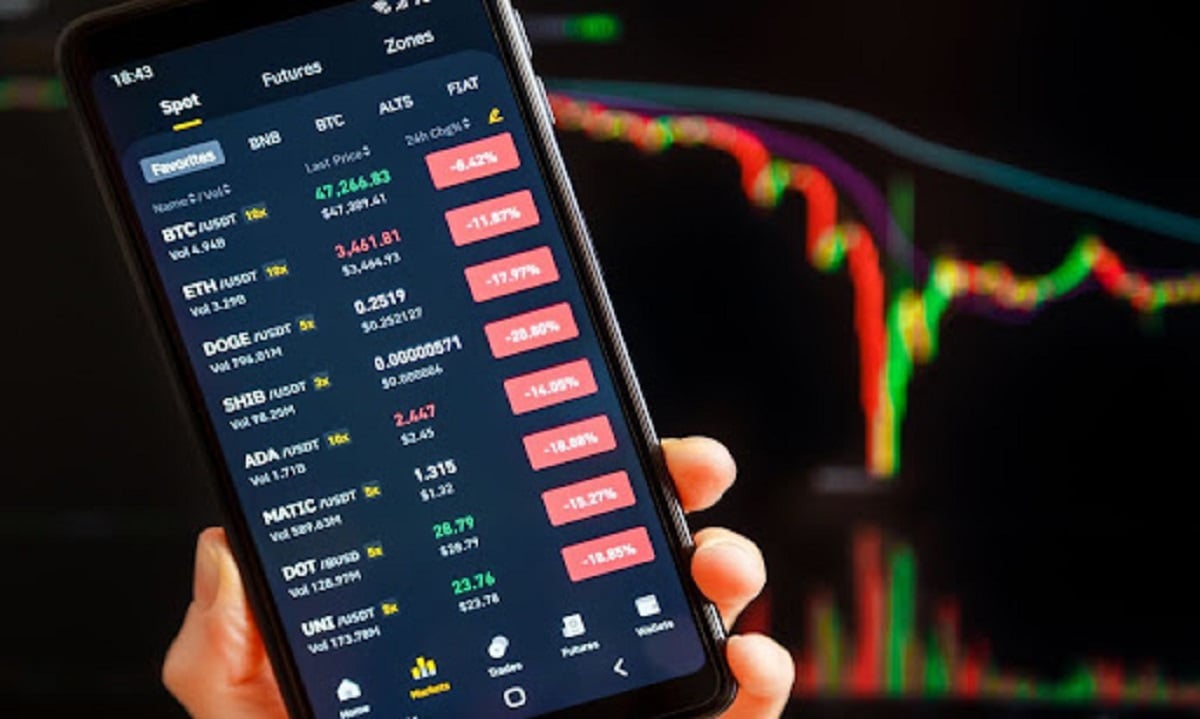SEC Says Most PoS Staking Isn’t a Securities Deal—ETF Issuers Eye Staking Add-Ons
The SEC's recent clarification on certain Proof-of-Stake blockchain staking activities not being securities transactions could lead to greater crypto ETF innovation, though it has faced criticism from some regulators.
The US Securities and Exchange Commission’s (SEC) Finance division has clarified that certain proof-of-stake (PoS) blockchain staking activities fall outside the definition of securities transactions under federal regulations.
Industry experts suggest this development could open the door for crypto exchange-traded funds (ETFs) to integrate staking features into their products.
SEC Provides Regulatory Clarity on Staking
The Division of Corporation Finance released the statement on May 29, 2025. It specifies that Protocol Staking Activities, which include solo staking, self-custodial staking through third-party validators, and custodial arrangements where platforms stake assets on behalf of customers, do not involve the offer or sale of securities.
“It is the Division’s view that “Protocol Staking Activities” in connection with Protocol Staking do not involve the offer and sale of securities within the meaning of Section 2(a)(1) of the Securities Act of 1933 (the “Securities Act”) or Section 3(a)(10) of the Securities Exchange Act of 1934 (the “Exchange Act”),” the statement read.
The division also clarified that ancillary services associated with staking, such as slashing insurance or early withdrawal options, are not considered securities activities. A crucial factor in this reasoning is that the rewards earned from staking are generated by the network’s underlying protocol, not through the efforts of third parties.
According to the SEC branch, staking does not meet the criteria for an investment contract under the Howey test. As a result, participants in these staking activities are not required to register their transactions as securities with the SEC.
This provides greater regulatory clarity and reduces legal uncertainty for PoS network participants and service providers. Commissioner Hester Peirce, speaking at The Bitcoin Conference, reinforced this view, stating,
“Providing security is not a security.”
This guidance marks a significant step in the SEC’s ongoing efforts to define the regulatory framework for cryptocurrency activities. It follows similar clarity provided for proof-of-work (PoW) mining in March 2025.
What the SEC’s Staking Guidance Means for Crypto ETFs
Notably, the clarification could have far-reaching implications. Industry experts suggest it could facilitate the integration of staking features into crypto ETFs.
“This is a big deal for ETF providers who want to offer staking. This guidance clarifies that staking in this format is generally not thought of as a securities transaction by the Division of Corporation Finance,” Crypto in America host Eleanor Terrett posted.
Rebecca Rettig, Chief Legal Officer at Jito Labs, also shared a similar view. BeInCrypto reported that in April, the SEC extended the deadline for its decision on whether to approve staking for Grayscale’s proposed Ethereum spot ETFs to July 2025. This highlighted the regulator’s caution. However, the new clarity may boost approval odds.
Nonetheless, the latest statement has not been without criticism. Democratic Commissioner Caroline Crenshaw responded to the clarification statement. She argued that the SEC staff’s statement conflicts with existing law.
Crenshaw stressed that court rulings have classified staking-as-a-service programs as investment contracts under the Howey test. Thus, this would subject them to regulation as securities.
“I continue to believe that these staff statements do more harm than good by purporting to carve out broad categories of crypto products without analyzing the realities of how they really work. These statements paint an incomplete picture that obfuscates, rather than clarifies, what the law is,” Crenshaw stated.
She also expressed concerns about the SEC’s vague approach. The Commissioner suggested that it underestimates and misrepresents the significant risks these products pose to investors and markets.
Disclaimer: The content of this article solely reflects the author's opinion and does not represent the platform in any capacity. This article is not intended to serve as a reference for making investment decisions.
You may also like
Polkadot Launches Identity Framework—Will It Revitalize DOT?

Tezos Tops Today’s Gainers, Ready for a 145% Surge?

Crypto News: 3 Altcoins With Breakout Potential This Weekend

Trump may face $60 billion in extra interest costs for firing Fed Chair
Share link:In this post: Analysts warn Trump’s potential removal of Fed Chair Jerome Powell could raise U.S. borrowing costs by nearly $60 billion a year due to spiking Treasury yields. Investors may demand higher interest rates if they believe the Fed is losing independence, threatening its ability to control inflation and sparking wider market volatility. Higher yields could make U.S. debt unsustainable, weaken the dollar, and push mortgage rates above 7%, worsening an already sluggish housing market.
